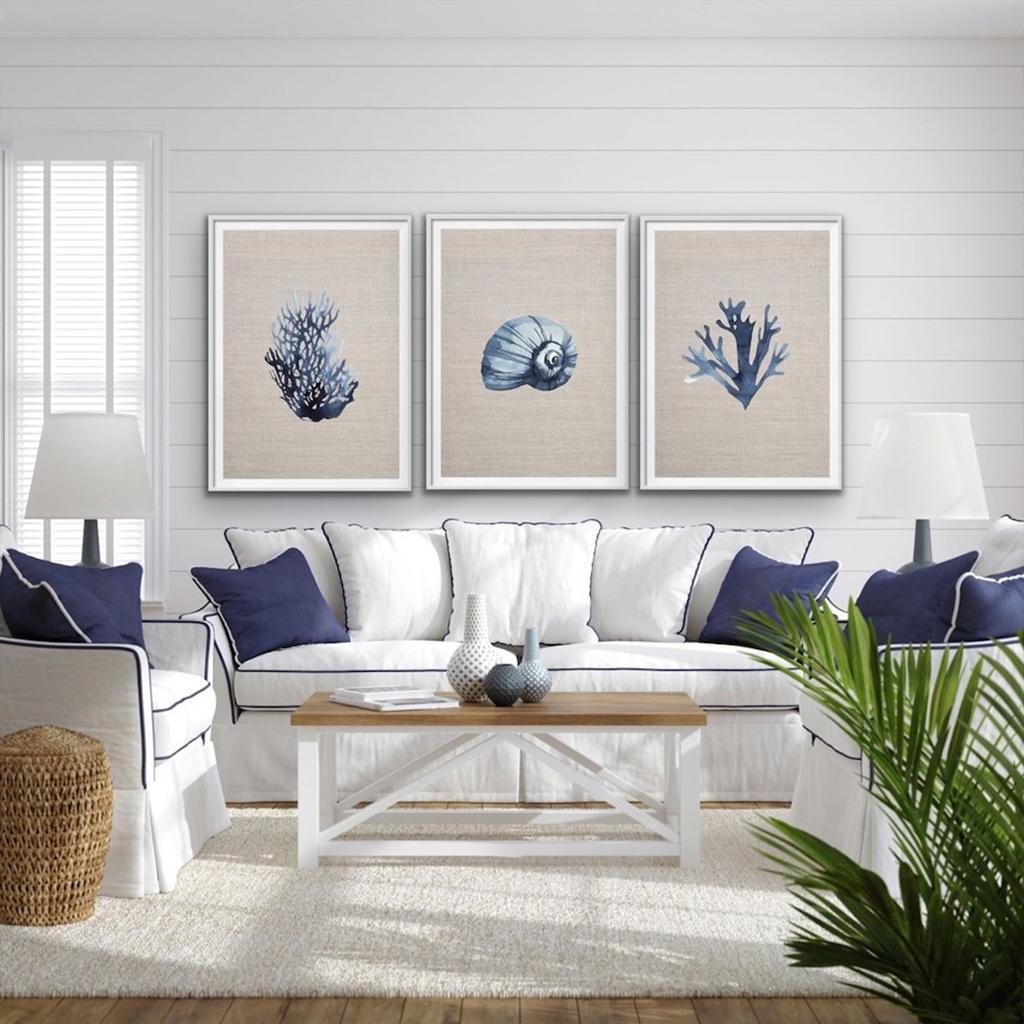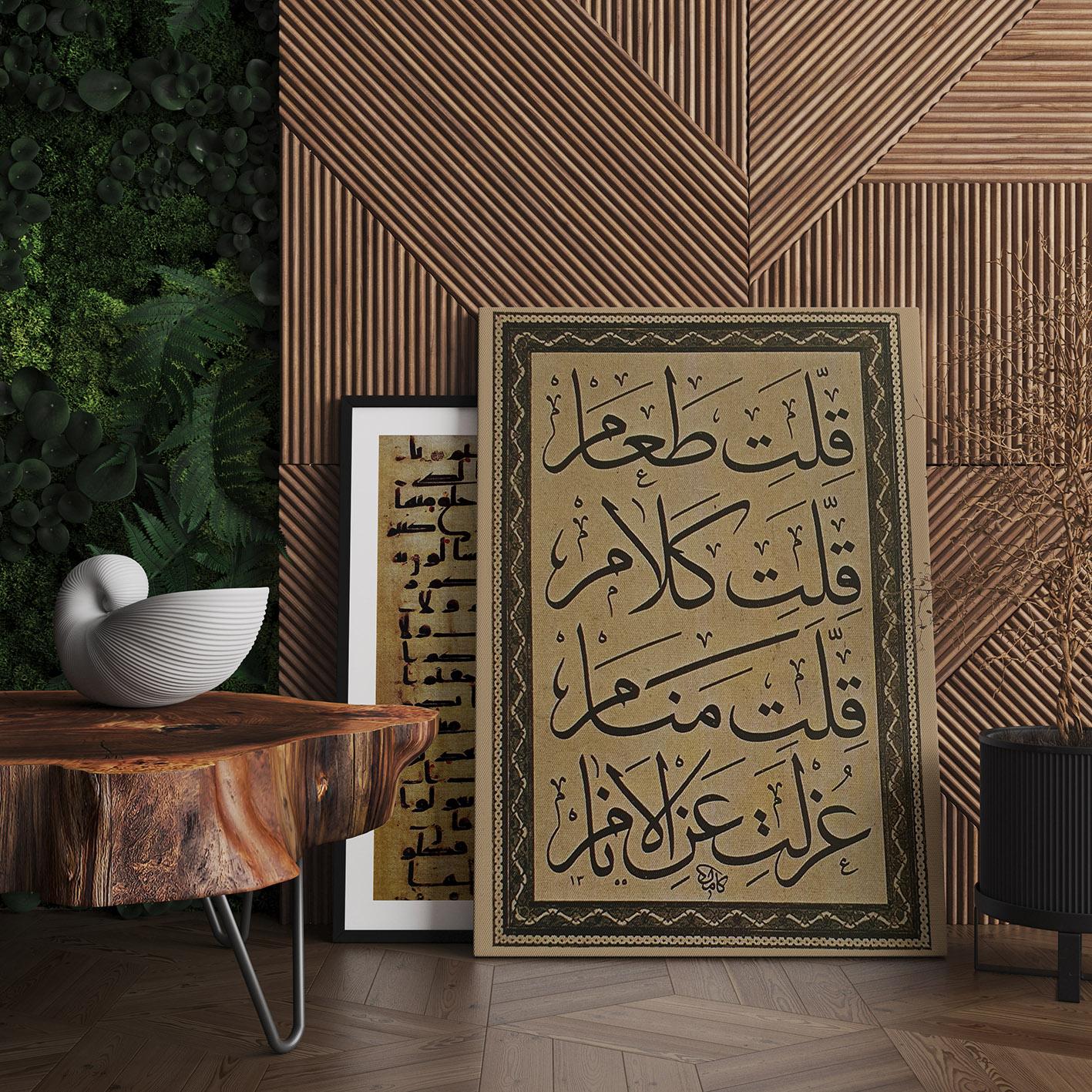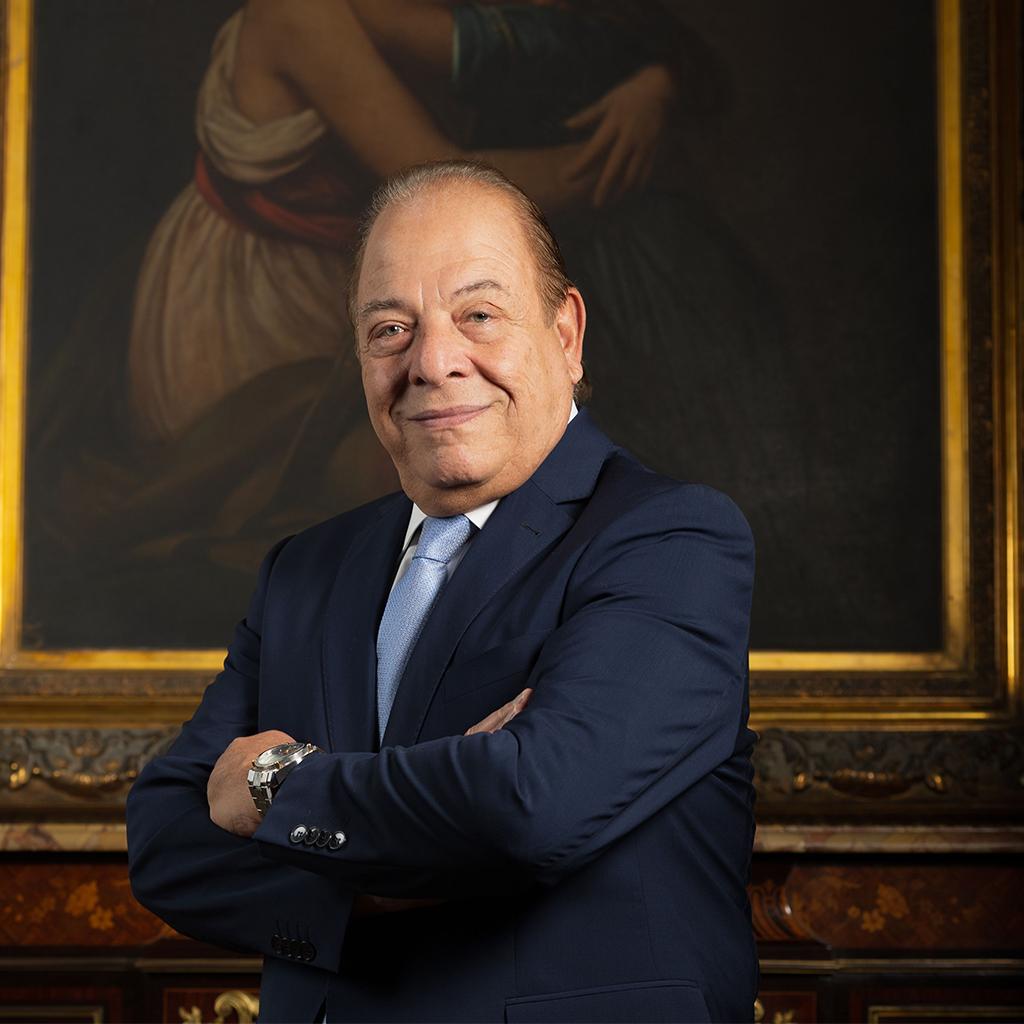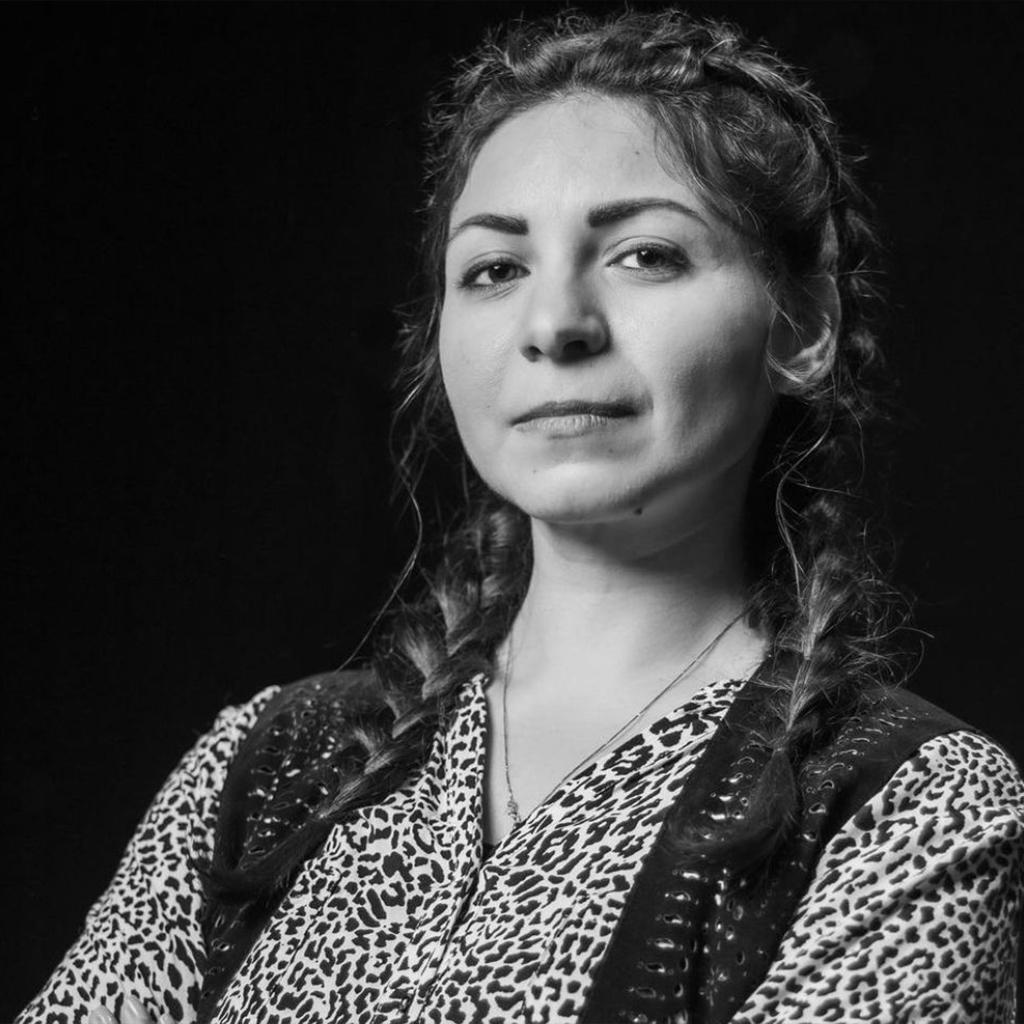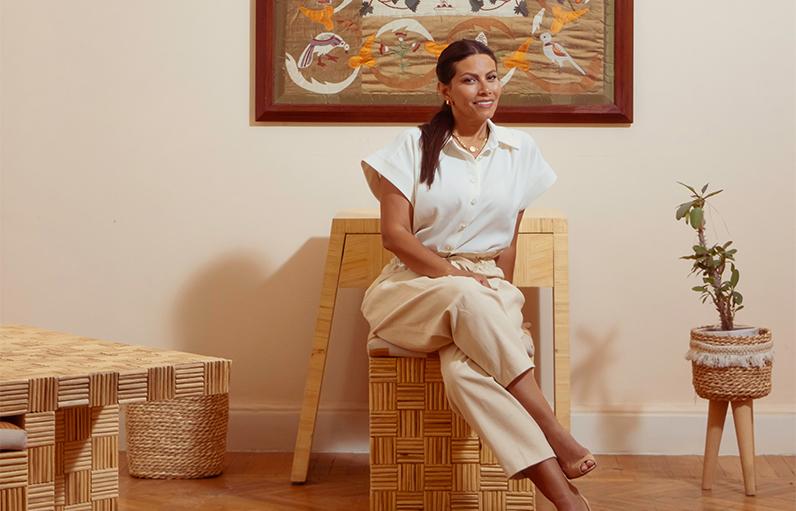
Date: 2024-05-29
Pioneering Sustainable Furniture through the Power of Microfactories
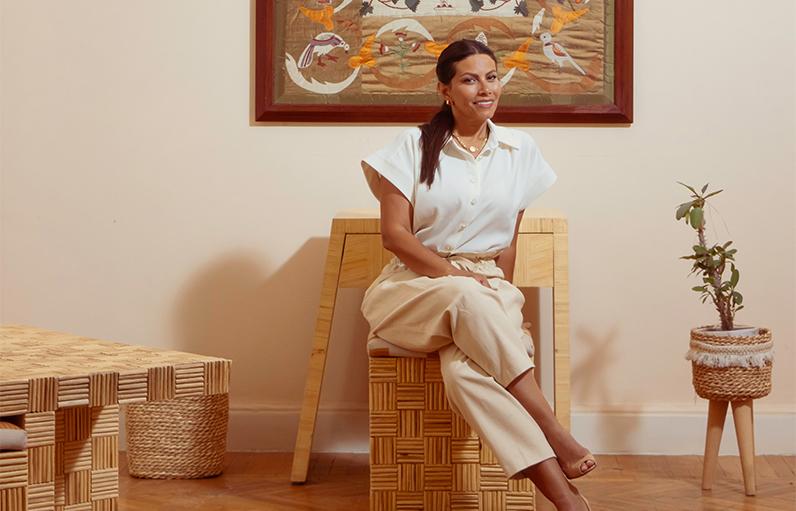
Pioneering Sustainable Furniture through the Power of Microfactories
In a world where sustainability has become the clarion call for businesses, one Egyptian company is leading the charge with an innovative approach that combines ancient craftsmanship and modern innovation. Peacock, founded by Entrepreneur Dahlia Salem, is revolutionizing the furniture industry by leveraging the power of microfactories to create eco-friendly products that celebrate Egypt's rich heritage.
Her journey with Peacock began at a young age when she was captivated by her grandmother's deep appreciation for nature and palm tree materials. "My grandmother had an entire collection of palm tree furniture in her balcony, with no trace of plastic used anywhere," Dahlia reminisces. This early exposure to the versatility and beauty of palm trees laid the foundation for her future endeavors.
Having pursued her education in business administration at Helwan University, obtained a master's degree from Université de Poitiers in France, and further honed her expertise in art curation at Sotheby's in New York, she built on her familial connection by encountering palm tree crafts during a project funded by the British Council in Fayoum. Collaborating with local artisans, she embarked on a year-long endeavor to develop designs and products that resonated with the Egyptian market. The culmination of this effort was a highly anticipated event that garnered widespread acclaim and appreciation from a diverse audience.

Inspired by this success, Dahlia expanded her operations to Cairo, recognizing the city's abundance of palm trees and skilled communities adept at working with this unique material. Funded by the EU through the visit Badrashin project, she organized workshops to upskill those involved in palm tree crafts, further deepening her passion for this sustainable material.
The turning point came when Dahlia established Peacock Sustainable Designs, a micro-factory dedicated to crafting furniture and engineered wood tiles using palm tree ribs. Recognizing the need for a more sustainable approach. "Microfactories are typically more localized, flexible, and adaptable than large factories," Dahlia explains. "They are often located closer to the source of raw materials and suppliers chain, which can lead to enhanced efficiency and reduced transportation costs." This approach promotes sustainability by reducing the need for large-scale manufacturing facilities and extended supply chains. It contributes to more circular economy operations and a deep commitment to environmental responsibility. The team is laser-focused on tracking their carbon emissions and implementing initiatives to reduce them. Peacock aims to acquire green certification to attract like-minded investors and partners.

"We're striving for responsible manufacturing practices” Dahlia affirms environmental friendliness, energy, water conservation, and emission minimization. “Our design house continually produces and designs art pieces for indoor and outdoor furniture, using palm materials as alternatives to plastic and conventional materials."
Peacock's commitment to sustainability is not just a business strategy; it reflects Dahlia's deep-rooted passion for preserving Egypt's rich heritage. She emphasizes the historical significance of palm tree creations, drawing parallels to the Lotus and other pharaonic designs celebrated at the Louvre.
"The palm tree is distinctively Egyptian, and we should take pride in that," she asserts. "This ancient practice is surviving modernity, and Egypt remains one of the largest producers of items like palms and basketry. When I entered the scene with my background, I brought two perspectives: designing for people's interest and how to turn it into a business, all while delving into the rich history of these practices."

Peacock recently established a micro-factory in Saqqara, showcasing remarkable growth and success. Situated within a repurposed craftsmanship community, this micro factory is committed to local production using sustainable, eco-friendly practices. The factory minimizes its environmental impact by utilizing locally sourced materials such as palm ribs for furniture manufacturing. Moreover, the micro factory's decentralized model enhances agility, allowing Peacock to swiftly adapt production to meet customer demands. This approach has contributed to a notable increase in sales within Cairo and in markets like the North Coast and seaside compounds, where consumers resonate with the company's sustainable and locally-produced ethos. The micro-factory in Saqqara has led to Peacock's growth and generated new green jobs within the local community. Through training initiatives, Peacock has recruited and employed Egyptian craftspeople, empowering them to contribute their skills to the sustainable production processes at the facility.
What's underway offers a glimpse into the future, a surge in entrepreneurship centered on green alternatives that prioritize sustainability without compromising efficiency. The journey is a testament to Dahlia's resilience and vision. From her early encounters with palm tree materials to her unwavering commitment to sustainability and community engagement, she and the team at Peacock have carved a path that celebrates Egypt's cultural heritage and paves the way for a more eco-conscious future.
As Peacock continues to expand its reach domestically and internationally, in the future, its story serves as a shining example of how a company can seamlessly blend ancient traditions with modern innovation to create a sustainable and socially conscious business model.

